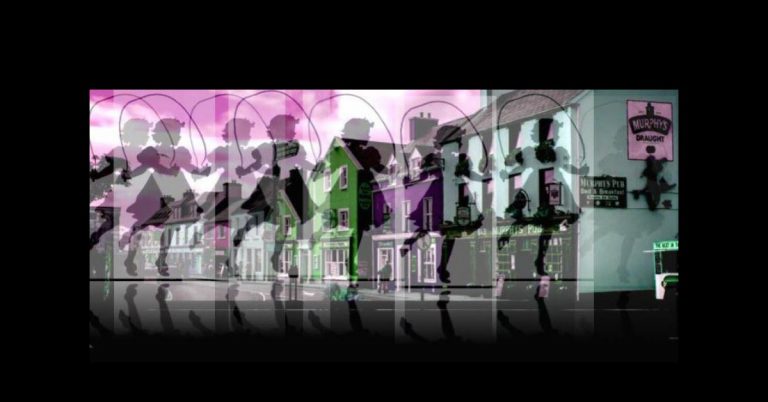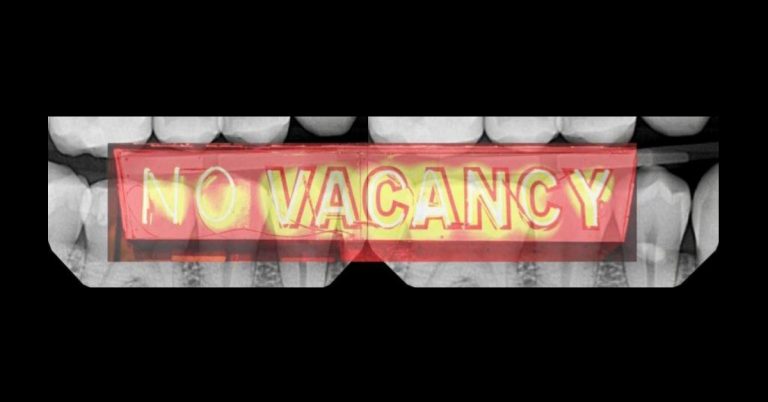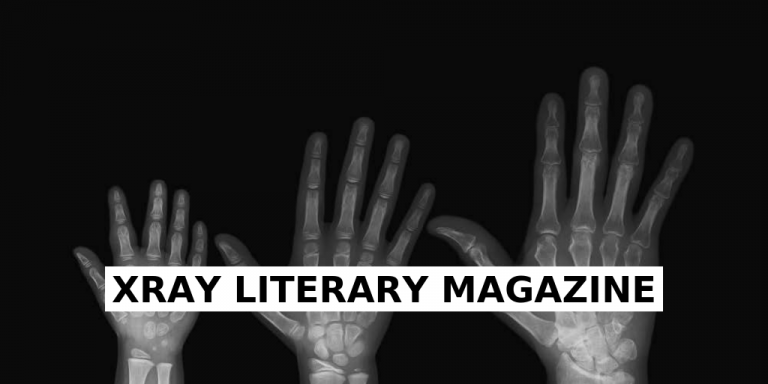
NOTHING IS EVER MISSING IN THE TOWN OF MISSING GIRLS by Meghan Phillips
There is a town where all the missing girls end up. They wander in from the surrounding woods, dark-eyed and dirty, holding one bloody tennis shoe like a prayer. They thump in the trunks of parked cars, duct taped wrists sticky and raw. They appear in grocery store aisles, storm cellars. It always takes time to convince them they’ve been found. There is a town where no one can sleep. A terrible smell seeps into the homes at night, finds sleepers in their bed. No one cannot find the source. There is a town with a lake. Things wash up


